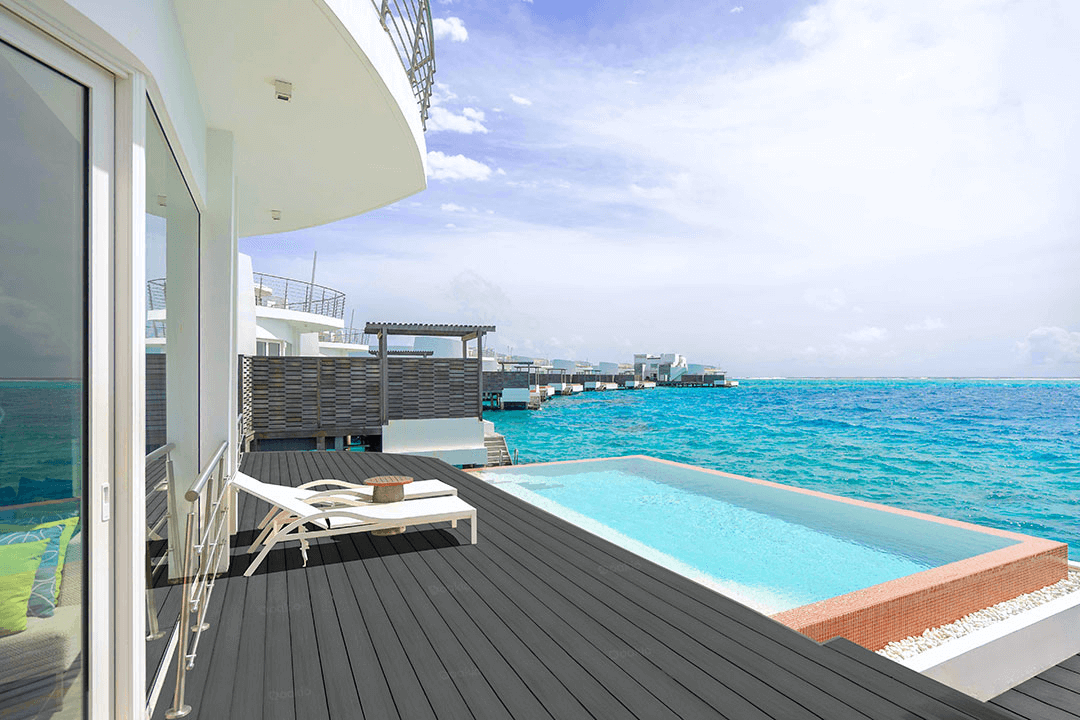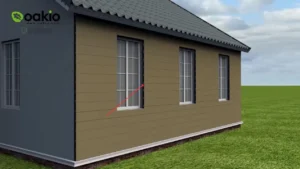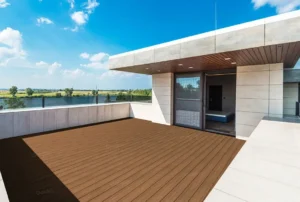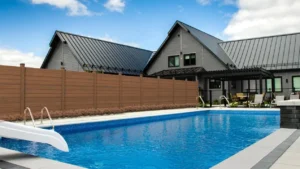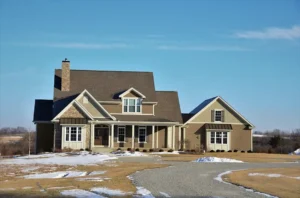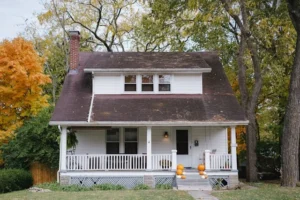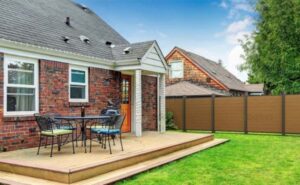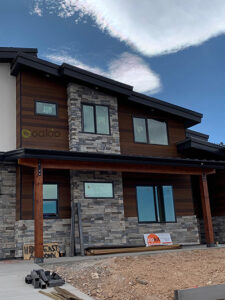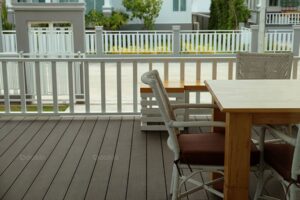Composite Decking VS. Wood Decking—Which is Better?
Traditional wood decking has been the go-to choice for homeowners for the past decades. Fast forward to today, wood decking now faces a rising rival and competitor: composite decking.
Many homeowners today wonder which decking option would win in a fair fight of composite decking vs wood. There are advantages to both decking options, but there should be a clear winner once the dust settles.
Find out which decking option is better and more suited to your property, and learn how to choose between the two in terms of convenience, maintenance, and costs. Read on!
What is Composite Decking?
Asked yourself what is composite decking before? Composite decking is a type of decking that uses “composites,” more commonly known as WPC (wood plastic composites). WPCs have been used for more than 40 years, and they just recently gained traction.
Since it uses a hybrid of plastic, wood, and polymers, they’re much more robust than wood decking alone.
Aside from that, a composite deck is weather-proof—thanks to its plastic components protecting it from rain, mud, and dirt. Wood decking, on the other hand, is porous and liquid-penetrable, making it prone to mold, mildew, and even fungi growth.
What is Wood Decking?
A wooden balcony with wooden decking overlooking a forest. Photo by Max Rahubovskiy on Pexels.
Wood decking uses traditional wood materials to build a solid and sturdy deck without using any plastics to protect the wood. However, wood decks commonly get protective resin layers to protect against a minimal degree of moisture and UV rays.
The use of wood for various construction processes has been around for centuries, and according to a market study, the demand for wood decking will increase by 2030, even with numerous decking options available.
This increasing demand can be attributed to homeowners preferring pure wood over composites, aside from their naturally low prices when comparing composite decking vs wood costs.
Side-by-Side Comparison: Composite Decking VS. Wood Decking
If we pit composite decking vs wood in a comparison fight, who will be the better decking option? Is it composite or wood? Or perhaps a close tie? Let’s find out by discussing the numerous qualities and traits of each deck:
Decking Material
Composite decking combines three materials to make a cohesive single material called “composite.” These three materials are recycled plastics, wood fibers, and polymers that hold all three together, making the final product sturdy and weatherproof.
Wood decking, on the contrary, uses pure, mildly processed lumber. Wood decking manufacturers pre-treat and post-treat their wood decks to protect against a certain degree of weather and contaminants.
Winner: Composite
Price
Wondering how much is composite decking vs wood? Unfortunately, composite decking is pricier than its wood counterpart.
This is due to manufacturing and processing costs, aside from requiring more intensive equipment and manpower to create composite deck boards. Wood is easily sourced, but composite materials need a thorough material recycling process.
Winner: Wood
Maintenance
A composite deck requires minimal maintenance in terms of cost, schedule, and scope of maintenance. Thanks to its protective properties, it is weatherproof, mold, mildew, mud, and dirt-resistant.
Wood doesn’t have the level of protection a composite has, and may mean you’ll need to shell out money, time, and energy to maintain its pristine and elegant look.
Winner: Composite
Durability
In terms of durability, the material with the most engineering and protective properties is the most durable.
In this case, composites undergo a rigorous engineering and testing process and are finished with a protective layer. Wood deck boards don’t receive the same treatment and are inferior to composites in sheer strength and durability.
Winner: Composite
Aesthetics
Aesthetics-wise, no engineered material can be better than natural ones. In this case, wood comes out on top against composites. Though composites can mimic the look and feel of wood, you’re limited in your preferred design options.
Wood can be painted almost unlimitedly and is flexible in finish, texture, and color. You can also customize other parts of your deck conveniently compared to composites.
Winner: Wood
Lifespan
The lifespan of composite decking vs wood varies depending on the make and design of the composite, the type of wood used in the wood deck, and the level of maintenance done to both decks.
Composites can last 10-30 years or more, and wood can last for about 10-25 years but can also last longer, depending on maintenance. But on average, composites trump a wood deck’s lifespan.
Winner: A close win in favor of composite
Warranty
The warranty coverage of both composite and wood doesn’t actually get far from each other. At Oakio, we offer a 15-year minimum warranty and a 25-year maximum warranty. For wood deck suppliers, this is about the same depending on the type of wood.
Hardwood decks offer a 25-year warranty, too, making them on par with composite deck suppliers like Oakio.
Verdict: Tie
Safety
Decks are meant to be safe since people and animals walk, run, or even crawl within these spaces. But which is safer between the two?
Composites have anti-slip layers that make every step feel solidly planted and feature splinter, warp, or rot-free qualities, making safety a top priority.
Wood can sometimes be slippery, especially when the sealing wears off. Aside from that, an unmaintained wood deck can rot, warp, and develop splinters that can hurt your feet.
Winner: Composite
Sustainability
Sustainability-wise, composites use a variety of eco-friendly manufacturing processes but fall a bit short because of the use of polymer resins and other plastic components, which can sometimes be unfriendly to the environment, especially aquatic creatures.
The manufacturing of wood deck boards is more eco-friendly, as few to no chemicals are involved. Wood is biodegradable; in contrast, composites have materials that do not decompose over time.
Winner: Wood
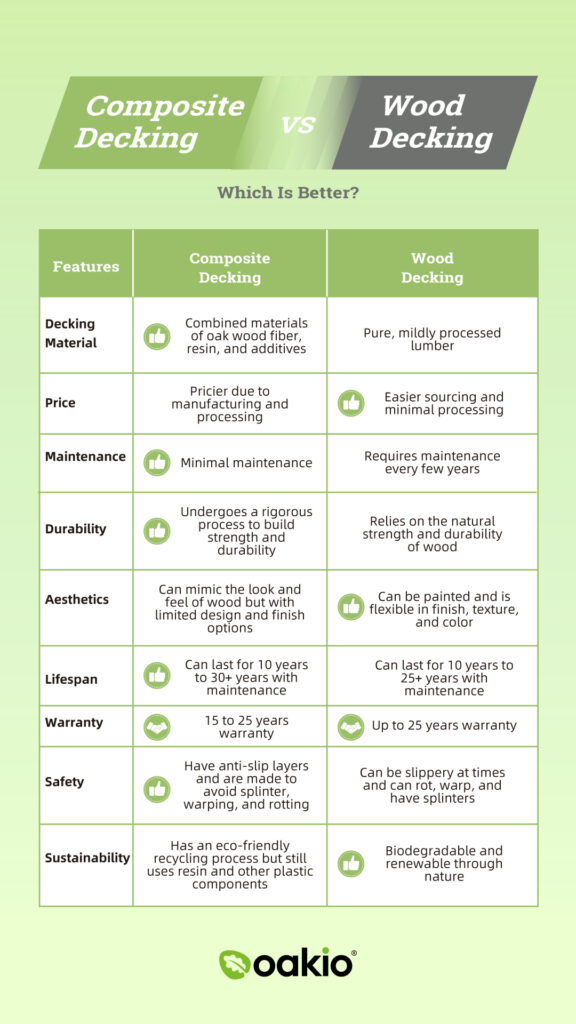
Premium Outdoor Composite Decking with Oakio
Here at Oakio, we offer four different composite decking products you can choose from: ProShield, Iniwood, MatShield, and ElaShield—-all with distinct features and qualities you can enjoy.
Should you want to see our products get visualized on your property, you can use this tool we prepared just for you! And if you want to feel and see our composite deck boards, we’re offering free samples delivered straight to your doorstep!
But if you’re considering composite decking costs, you can calculate your costs with our Oakio decking calculator!
Verdict: Composite Decking VS. Wood Decking—Which Comes Out on Top?
Considering the number of qualities composite decking has in contrast to wood, our clear winner is composite decking. Since composite decking is sturdier, more weatherproof, safer, low maintenance, and sustainable, it’s our top choice for decking solutions.
Even better, at Oakio, we don’t offer the average composite deck you’d find in other suppliers. We offer one of the best composite decking solutions today as one of the leading innovators of wood polymer composite technology and manufacturing!
So, if you want to start your composite decking journey, we invite you to subscribe to our newsletter today and be notified of our exclusive deals and discounts! Plus, you’ll be the first to read our value-laden blogs and articles!
Trending Reading
What Are the Differences Between the WPC Board and PVC Board?
[2024 Update] How Long Does WPC Decking Last?
